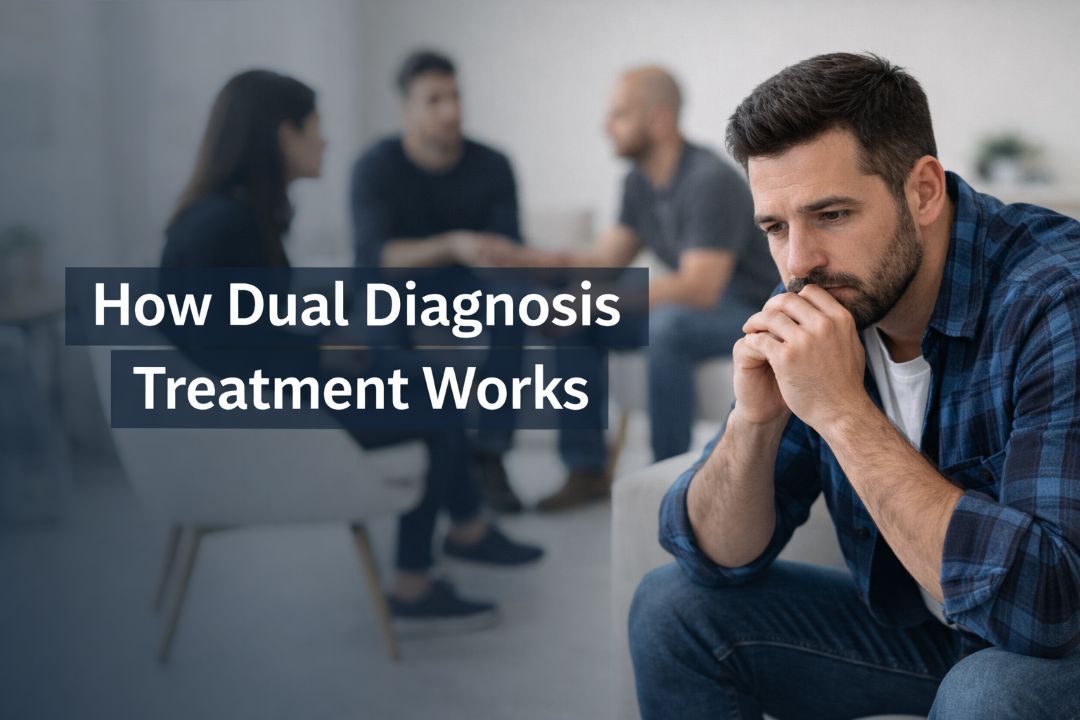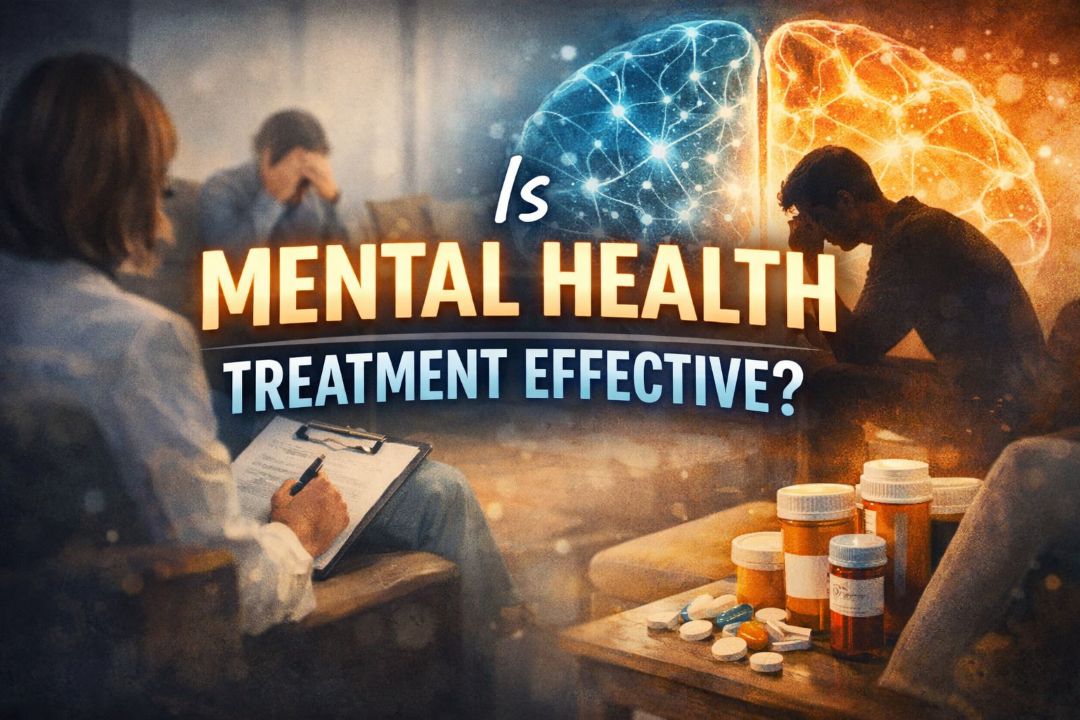Weekend binge drinkers may not harm you – you’re not drinking every day, right? But even if you decide to restrict alcohol to weekends only, your body and mind can still face particularly severe consequences. Let’s find out more about exactly what happens when you only drink alcohol on the weekends.
At Florida Atlantic Coast Treatment Solutions, we help individuals understand the real effects of alcohol use and develop healthier habits that support lasting recovery and well-being.
The Weekend Drinking Culture
For a lot of people, weekends are a symbol of freedom, fun and relaxation. After a prolonged week, popping a bottle of drink or two open with friends or having a glass (or two) of wine can feel like just the right way to celebrate.
However, this ‘work hard – play hard’ mentality tends to normalize what often amounts to binge drinking – much less heavy drinking – for these short two days.
Why “Weekend-Only” Drinking Feels Harmless
I don’t drink everyday so I’m ok, you might think.
This is one of the most popular misconceptions. Many weekend drinkers consume as much or more than the daily drinkers do in a whole week. While it may sound like balance, your body does not work on the calendar – it works on the amount of alcohol and the intensity of it.
Understanding Binge Drinking
What Qualifies as Binge Drinking?
The Centers for Disease Control and Prevention (CDC) defines binge drinking behavior to measure 5 drinks per day (men) or 4 drinks per day (women) in a two-hour period.
How It Relates to Weekend Habits
If your weekends mean partying, bar-hopping or ‘just a few’ rounds that leave you feeling tipsy, blacked out, then chances are that you’re engaging in binge drinking – and that can have dire health implications.
How Alcohol Affects Your Body — Even on Weekends
Impact on the Liver
Alcohol can only be metabolized by your liver at a rate of about one cocktail an hour. When you start drinking heavily, you are overworking your liver, this makes the liver to be fatty, and develop signs and symptoms of liver diseases – even drinking only at weekends.
Effect on the Brain and Sleep
Alcohol can make you drowsy but it disrupts the REM sleep which is the most rejuvenating stage of sleep. This is why if you drink a lot of alcohol your body is waking up tired or groggy in the morning.
Dehydration and Digestion
Alcohol is a diuretic – it means that alcohol flushes fluid out of your system. Couple that with late night food and you have the perfect storm for dehydration, indigestion and bloating.
Psychological Impact of Weekend Drinking
Dinking on the weekends can impact your mood, memory and motivation. The initial euphoria that alcohol provides often gives way to ‘hangxiety’ or that unpleasant feeling of anxiety after drinking alcohol.
It can also reduce emotional stability and increase the difficulty of coping with stress without drinking alcohol every weekend.
The Illusion of Control: “I’m Not an Alcoholic, I Just Drink on Weekends”
Rest assured there are a lot of people that are addicted to drinking alcohol and feel safe about their addiction because they only drink alcohol during the weekend. But dependency doesn’t just mean frequency – it means patterns and dependence.
If you’ll be looking forward to the weekend when they are time to have your “drinking time”, or a problem you have with having fun without drinking, be on the lookout.
Short-Term Effects You Might Notice
- Predictable outcomes: Headaches and nausea and dehydration.
- Mood Swings: Irritability or sadness following the consumption of alcohol.
- Lacking Focus Brain fog can last for days.
- Although such effects might seem transient, the effects add up and affect productivity, relationships and well-being.
Long-Term Health Consequences
- Liver Disease
Even binge drinking (even when it was not a long lasting habit) increased the risk of alcoholic fatty liver disease and other complications.
- Heart Problems
The habit of binge drinking on the weekends raises blood pressure levels and puts people at risk of heart disease and stroke.
- Risk of Addiction
Over time, your body develops tolerance and you will need to take more alcohol to achieve the same effects – a slippery slope for more dependence.
Weekend Drinking and Weight Gain
Each alcoholic drink has ‘secret’ calories. Beer, wine and cocktails, on the other hand, can have 150-400 calories per serving. Couple that with post drink meals or snack and weekend drinking can ruin your fitness goals.
How Alcohol Affects Sleep Quality
Alcohol impairs cycles of deep sleep, which means that you’ll fall sleep much faster. Hence, you can wake up after a night’s sleep in a refreshed and lethargic mood. Sometimes core time drinking on the weekends may disturb your normal circadian rhythm and then that may eventually lead to fatigue.
Social Pressures and Peer Influence
Many people drink simply because everybody else does. But bear in mind: socialising does not necessarily have to be around alcohol. The trick is learning how to say no – without feeling left out.

Signs Your Weekend Drinking Might Be a Problem
- You are drinking on every weekend without fail.
- You can’t have fun without any alcohol.
- You drink more than you would like to.
- You are anxious, guilty or down after doing it.
If any of these sound familiar, it may be that it is time to rethink your habits.
Tips to Reduce or Control Weekend Drinking
Set Limits
Know your drinking limit before you drink and stick to that.
Make Replaceable Versions of Bad Social Habits
Have alcohol-free parties and do things such as hike, bowl or watch movies.
Stay Hydrated and Plan Ahead
Instead, take sips of water between alcoholic drinks and eat before you drink in order to slow the absorption of alcohol.
Making Healthy Choices (to Weekend Drinking)
Instead, have mocktails, fresh juice or Kombucha. Join fitness clubs, volunteer groups or creative classes that involve socializing with no alcohol.
Is Weekend Drinking a form of Alcohol Use Disorder?
But Not Everyone Who Drinks on Weekends Experiences an Alcohol Use Disorder (AUD) It is possible that it could be risky. AUD develops over time and may begin with behaviors that may not at first appear harmful, such as weekend or social drinking.
At Florida Atlantic Coast Treatment Solutions, our staff assists in recognizing these patterns at an early stage with individuals and taking steps towards change before addiction takes over. We provide evidence-based treatment programs that deal with understanding triggers, developing coping tools and long-term recovery.
Finding Help and Balance at Florida Coast on Treatment Solutions
If you are concerned about your weekend drinking habits, you need not go through it alone. Florida Atlantic Coast Treatment Solutions offers caring and custom situated solutions for individuals battling against alcohol use.
We have the following treatment options:
- Detox – Medical support and assistance in medically controlled withdrawal
- Therapy, counseling principle CBT, DBT, motivational
- Relapse prevention education for developing good habits
- Family and Community Support for Sustainable Recovery
We help clients to find a balance, rebuild confidence and create a fulfilling life far away from being dependent on alcohol.

Take that First Step to Make a Change
Drinking just on weekends may sound harmless – but in the long run, it can result in damage that could be done to your health, relationships and peace of mind. The good news? You can take control today.
If you or someone in your family is suffering from weekend drinking or alcohol abuse call Florida Atlantic Coast Treatment Solutions. Our expert team is here to help you in your journey to a healthier more balanced life, one step at a time.
Reach out today to find out more about our customized treatment programs and start your journey towards long-term recovery.


